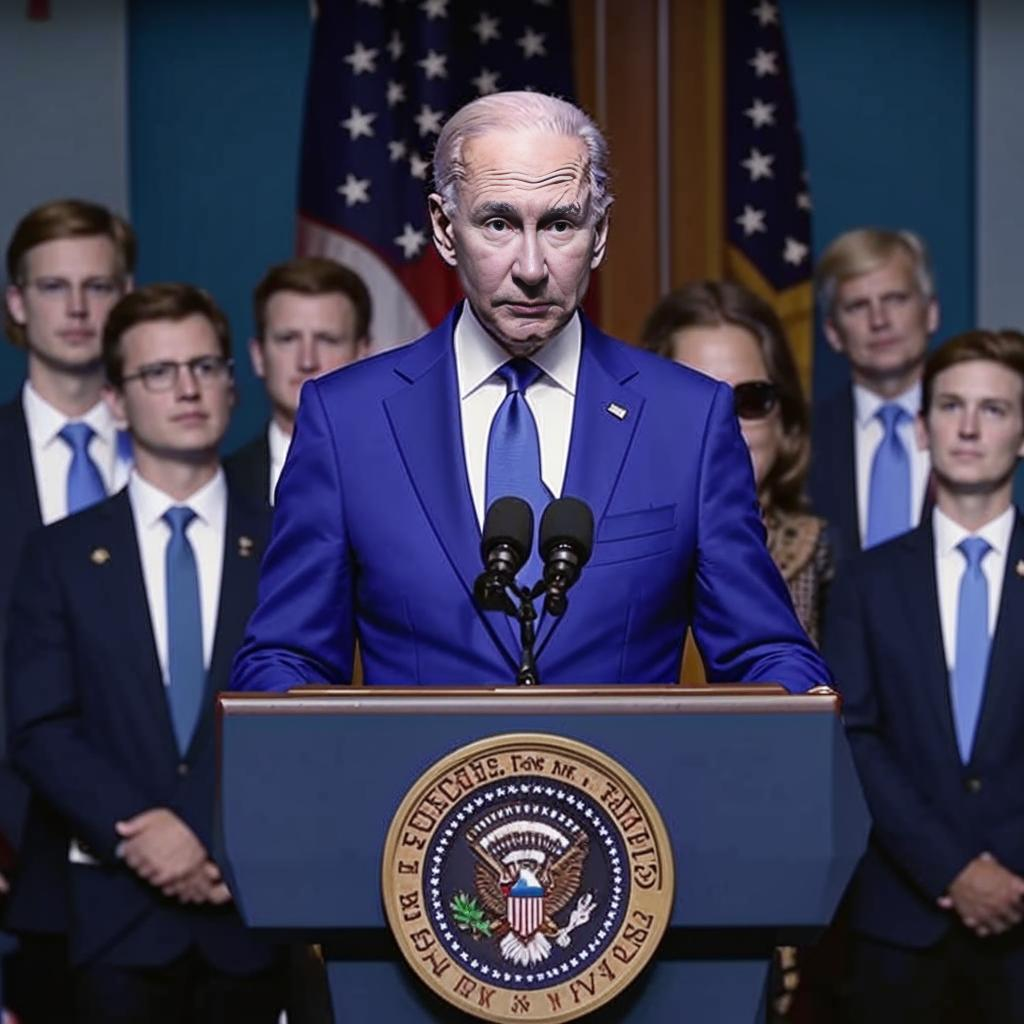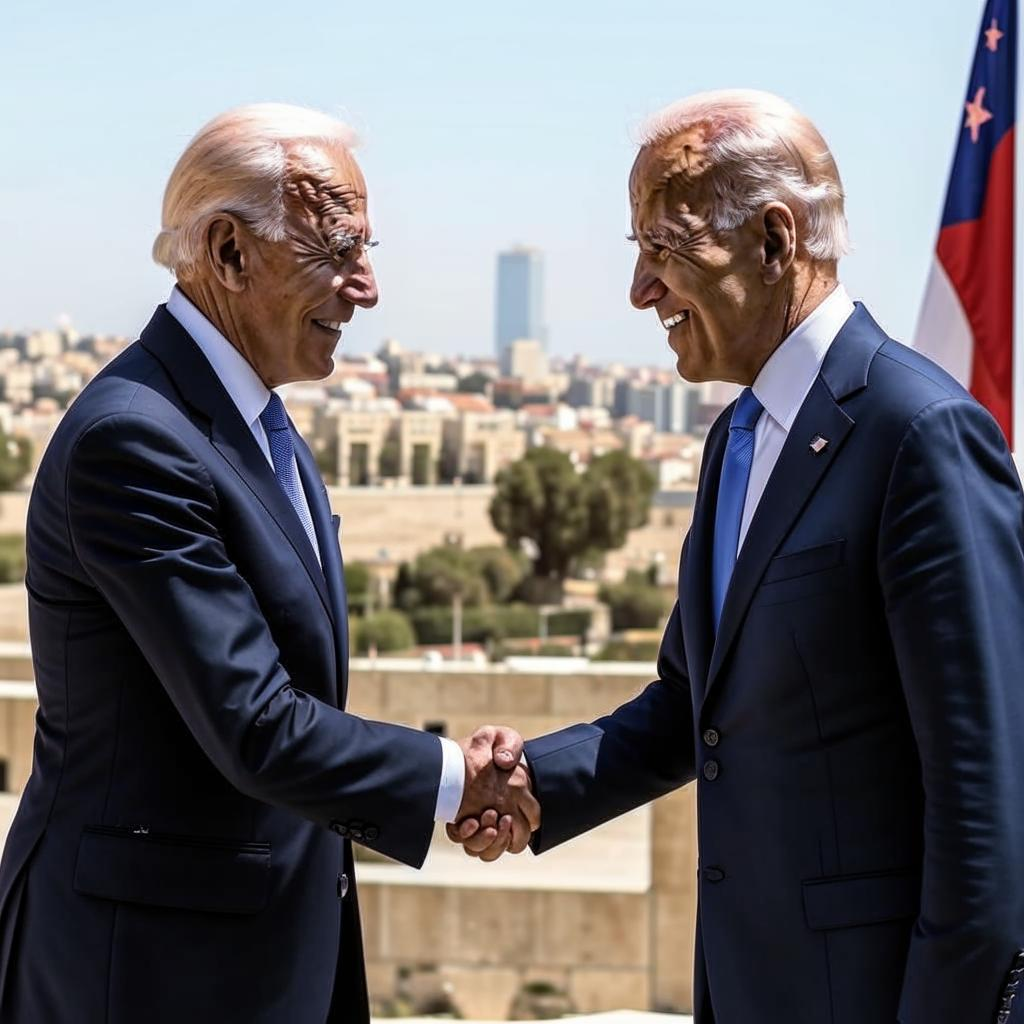President Biden, in early 2021, asserted that Vladimir Putin would “pay a price” for Russia’s interference in the 2020 U.S. presidential election. This declaration followed the release of an intelligence report detailing Russia’s attempts to denigrate Biden’s candidacy and support then-President Trump.
The report outlined how Russian actors spread disinformation through social media and other channels, aiming to sow discord and undermine confidence in the American electoral process. While the report didn’t conclude that Russia altered vote tallies, it highlighted a clear effort to influence public opinion.
Biden’s administration subsequently imposed sanctions on Russian officials and entities believed to be involved in the interference campaign. These measures targeted individuals and organizations with ties to Russian intelligence services and the spread of disinformation.
The U.S. also expelled several Russian diplomats in response to the election interference and a massive cyberattack known as the SolarWinds hack, which was attributed to Russia.
Russia has consistently denied any involvement in the 2020 election, dismissing the accusations as baseless and politically motivated. Putin’s government has accused the U.S. of meddling in its own internal affairs, further escalating tensions between the two countries.
The incident has significantly strained relations between the U.S. and Russia, contributing to a climate of mistrust and suspicion. It has also fueled debates about the vulnerability of democratic institutions to foreign interference and the need for stronger cybersecurity defenses. The long-term impact on US-Russia relations remains to be seen, but the 2020 election interference has undoubtedly cast a shadow over future interactions.















